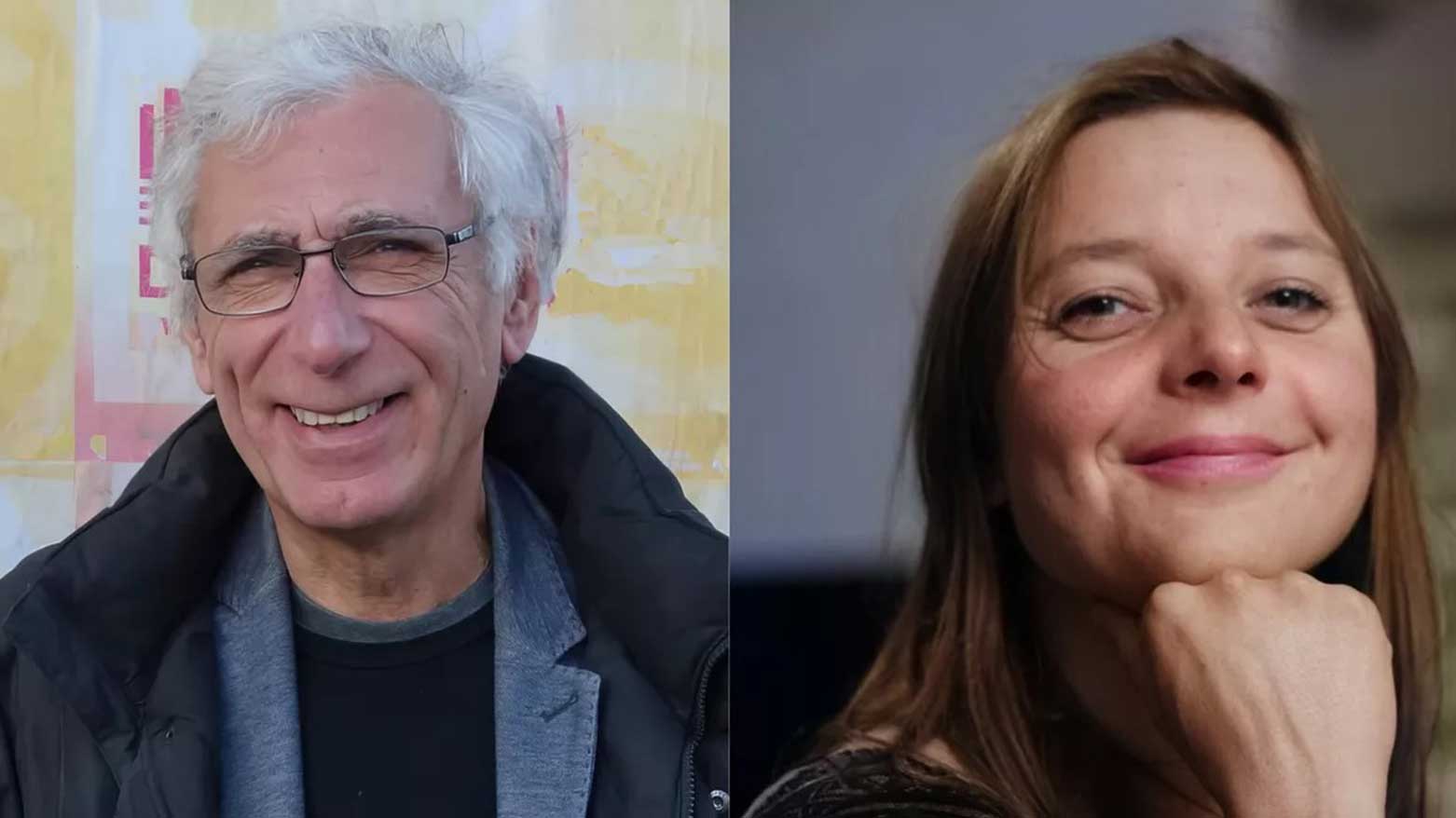Iran and France Explore Prisoner Swap Amid Rising Diplomatic Tensions
Negotiations and legal reviews signal a potential breakthrough in a complex standoff that has drawn international attention.

ERBIL (Kurdistan24) — Iran expressed hope on Monday that a French couple held in Tehran and an Iranian national detained in France could be released soon, as authorities continue to review the respective cases.
“The decision regarding the release of these two individuals and Ms. Esfandiari is being reviewed by the relevant authorities,” Iranian Foreign Ministry spokesman Esmaeil Baqaei told reporters during his weekly briefing on Monday.
“We hope that, once the necessary procedures are completed, this will happen soon,” he added, emphasizing that the cases are separate matters.
Mahdieh Esfandiari, an Iranian woman, was arrested in France in February on charges of promoting terrorism via social media, according to French authorities.
Tehran has repeatedly described her detention as arbitrary. Meanwhile, Iran maintains that the French couple, Cecile Kohler and Jacques Paris, who have been detained since May 2022, were engaged in espionage on behalf of Israel, which Iran considers its arch-enemy.
“Two French nationals who were arrested in Iran face clearly defined charges,” Baqaei said.
“We believe that the detention of the Iranian national in France was unlawful, as no legally acceptable basis for her arrest has been presented to us.”
Earlier this year, France took the matter to the International Court of Justice, accusing Iran of violating consular access obligations under the Vienna Convention.
Paris later withdrew its request after Iran’s top diplomat, Abbas Araghchi, indicated that a prisoner swap involving the French couple and Esfandiari was nearing completion.
In a related development, an Iranian court on Monday announced the acquittal of Lennart Monterlos, a French-German national accused of espionage and arrested in June while traveling alone across southern Iran.
Monterlos, 19, was detained on June 16 in Bandar Abbas during heightened tensions between Iran and Israel.
“The Revolutionary Court, taking into account legal principles and doubts about the crime, has issued a verdict of acquittal of the accused, although the prosecutor has the right to object to the verdict,” reported the judiciary’s Mizan Online website.
The detentions and judicial proceedings come amid rising diplomatic tensions in the Middle East, particularly between Iran and Israel.
Tehran has increasingly accused foreign nationals of espionage, often linking their arrests to Israel or Western countries, while European governments maintain concerns over the treatment of their citizens in Iran.
Prisoner swaps and diplomatic negotiations have occasionally eased tensions, but such cases remain politically sensitive, reflecting broader geopolitical frictions.
For France, securing the release of its nationals has involved appeals to international law and consular rights, highlighting the complex intersection of diplomacy, security, and human rights.
Meanwhile, Iran’s handling of these cases continues to send signals to the international community about its stance on espionage and foreign interference, particularly during periods of heightened regional conflict.
The acquittal of Monterlos may be seen as an attempt to demonstrate judicial fairness, even as broader tensions persist.
